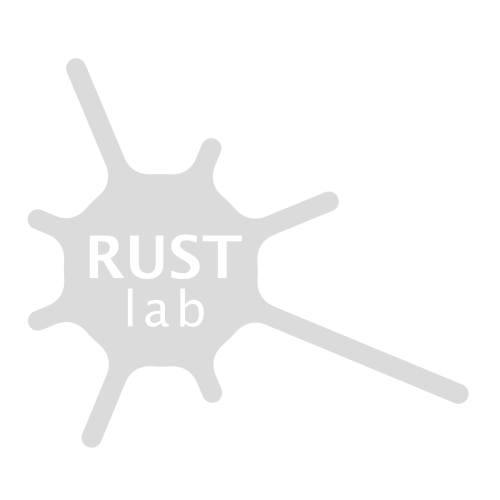Join us this Thursday, April 20th, from 14-16 hrs (German time) for the second RUSTLab lecture of this summer term. Phoebe Sengers will present her work on “Time on the Edge of Infrastructure”.
Time is not under control in the Canadian fishing village of Change Islands, perched on a small island in the Arctic stream with at times ferocious weather and a tenuous, ferry-based connection to the larger island of Newfoundland. You can’t do whatever you want to do, whenever you want to; you can only do what the wind, the sea, your relationship with your neighbors, and the frequently delayed ferry will at any moment allow. This is the kind of time that 70 years of modernization projects were supposed to do away with, ever since the impoverished British colony of Newfoundland and Labrador joined Canada and began to aspire to mainland standards of living. By introducing modern infrastructures like factories, electricity, and a year-round ferry to this remote location, Change Islanders were supposed to be transformed from latter-day peasants living according to subsistence rhythms into modern citizens of time who plan out their tasks by the hour. But even the ferry can’t stay on schedule here.
In this talk, I will use past and present stories from Change Islands to examine the causes and consequences of decisions to use technology to fix how time works in remote communities. I will tell the story of how a conflict between Change Islanders and federal and provincial planners around the right way to be in time has been waged through the medium of infrastructure. I will explain how infrastructures introduced on Change Islands build on imaginations of how time works at infrastructural centers which are poorly suited to life on the edge. I will argue that efforts to impose a form of time that just does not work in remote places leads both infrastructures and the communities that depend on them to break down.
Phoebe Sengers is a professor in Information Science and Science & Technology Studies at Cornell University. Her work integrates ethnographic and historical analysis of the social implications of technology with design methods to suggest alternative future possibilities. Her approach brings critical, qualitative scholarship into close conversation with technology design practice to ask what ways of being and values are left out of the imagination of technology design, and what new alternatives for design may appear when we take those ways of being and values into account. At Cornell, she leads the Culturally Embedded Computing group, is a member of the Graduate Field of Computer Science, associate faculty with the Department of Art, and a member of the Cornell Initiative for Digital Agriculture. She led the Cornell campus of the Intel Science & Technology Center for Social Computing, has been a Fulbright Fellow, a Fellow in the Cornell Society for the Humanities, and a Public Voices Fellow, and received an NSF CAREER award. She holds an interdisciplinary PhD in Artificial Intelligence and Cultural Theory from Carnegie Mellon University.
Location: on campus (Universitätsstr. 104, 2nd floor, 44799 Bochum) and Zoom
Zoom Link
PW: RUSTlab
You will find additional resources and information on this term’s guiding theme Infrastructuring Indeterminacies here on our website.
